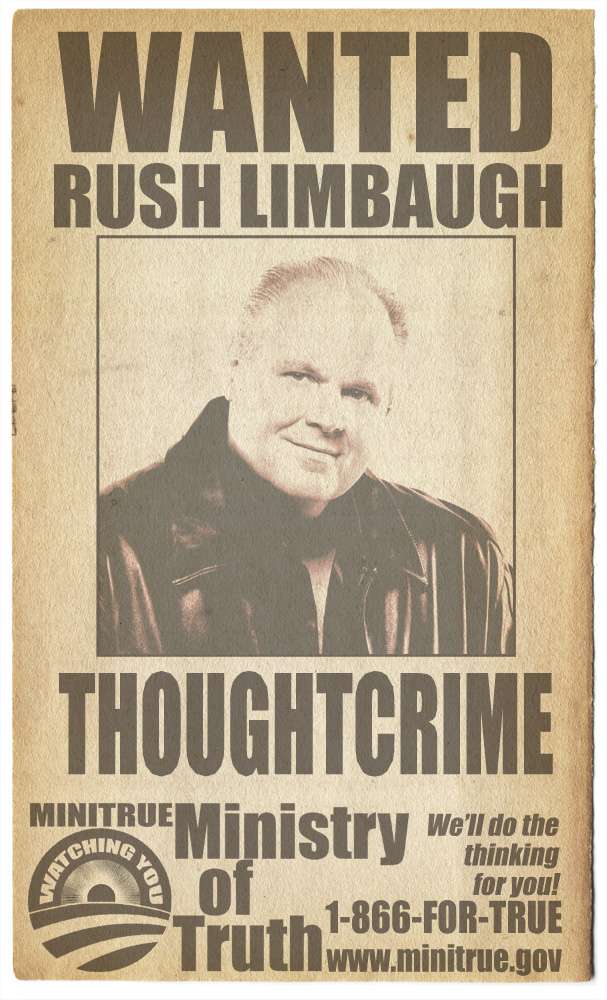Truth, honesty are often in the eye of the beholder, actually they are probably always in the eye of the beholder. BS too is in the same place, has anyone given any examples of a lie that was punishable? I'd be curious. Sometimes the truth, assuming we can get a handle on it, is unwelcome.
"In contrast to the petabytes of data flotsam, half-truths and speculation that drift daily around the Internet, WikiLeaks spews forth unvarnished, sensitive truths." Misha Glenny
Sometimes lies have great power.
"Have you no sense of decency, sir, at long last? Have you no sense of decency?" Joseph Nye Welch, the Army's chief counsel
Sometimes the truth needs a faithful Tonto.
"I say it to you now, knowing full well that you will agree with me (that is, understand) only if you already agree with me." Stanley Fish
Sometimes the truth is just a kinda truth.
"What Orwell feared were those who would ban books. What Huxley feared was that there would be no reason to ban a book, for there would be no one who wanted to read one. Orwell feared those who would deprive us of information. Huxley feared those who would give us so much that we would be reduced to passivity and egoism. Orwell feared that the truth would be concealed from us. Huxley feared the truth would be drowned in a sea of irrelevance. Orwell feared we would become a captive culture. Huxley feared we would become a trivial culture, preoccupied with some equivalent of the feelies, the orgy porgy, and the centrifugal bumblepuppy. As Huxley wrote in Brave New World Revisited, the civil libertarians and rationalists who are ever on the alert to oppose tyranny "failed to take into account man's almost infinite appetite for distractions." In 1984 Huxley added, people are controlled by inflicting pain. In Brave New World, they are controlled by inflicting pleasure. In short, Orwell feared that what we hate will ruin us. Huxley feared that what we love will ruin us...This book is about the possibility that Huxley, not Orwell, was right." Neil Postman 'Amusing Ourselves to Death'
Sometimes the truth is really BS well not really.
"It is just this lack of connection to a concern with truth - this indifference to how things really are - that I regard as of the essence of bullshit." Harry Frankfurt
Sometimes the truth is really just an argument for a truth.
"Reasoning was not designed to pursue the truth. Reasoning was designed by evolution to help us win arguments. That's why they call it The Argumentative Theory of Reasoning. So, as they put it, "The evidence reviewed here shows not only that reasoning falls quite short of reliably delivering rational beliefs and rational decisions. It may even be, in a variety of cases, detrimental to rationality. Reasoning can lead to poor outcomes, not because humans are bad at it, but because they systematically strive for arguments that justify their beliefs or their actions. This explains the confirmation bias, motivated reasoning, and reason-based choice, among other things." The Argumentative Theory | Conversation | Edge
Sometimes the truth is two truths.
"No two historians ever agree on what happened, and the damn thing is they both think they're telling the truth." Harry S. Truman
Sometimes argument leads to truth.
"Truth springs from argument amongst friends." David Hume
Sometimes the truth has two sides.
"Not the violent conflict between parts of the truth, but the quiet suppression of half of it, is the formidable evil. There is always hope when people are forced to listen to both sides." John Stuart Mill
Sometimes you have to test the truth.
"What is so wonderful about scientific truth, however, is that the authority which determines whether there can be debate or not does not reside in some fraternity of scientists; nor is it divine. The authority rests with experiment." In Defense of Nonsense
Sometimes the truth travels too slowly.
"A lie gets halfway around the world before the truth has a chance to get its pants on." Winston Churchill
Sometime the truth is poetic- and with that I bring this exercise to an end as it could go on forever.....
"Poetry is the art of uniting pleasure with truth." Samuel Johnson
"In contrast to the petabytes of data flotsam, half-truths and speculation that drift daily around the Internet, WikiLeaks spews forth unvarnished, sensitive truths." Misha Glenny
Sometimes lies have great power.
"Have you no sense of decency, sir, at long last? Have you no sense of decency?" Joseph Nye Welch, the Army's chief counsel
Sometimes the truth needs a faithful Tonto.
"I say it to you now, knowing full well that you will agree with me (that is, understand) only if you already agree with me." Stanley Fish
Sometimes the truth is just a kinda truth.
"What Orwell feared were those who would ban books. What Huxley feared was that there would be no reason to ban a book, for there would be no one who wanted to read one. Orwell feared those who would deprive us of information. Huxley feared those who would give us so much that we would be reduced to passivity and egoism. Orwell feared that the truth would be concealed from us. Huxley feared the truth would be drowned in a sea of irrelevance. Orwell feared we would become a captive culture. Huxley feared we would become a trivial culture, preoccupied with some equivalent of the feelies, the orgy porgy, and the centrifugal bumblepuppy. As Huxley wrote in Brave New World Revisited, the civil libertarians and rationalists who are ever on the alert to oppose tyranny "failed to take into account man's almost infinite appetite for distractions." In 1984 Huxley added, people are controlled by inflicting pain. In Brave New World, they are controlled by inflicting pleasure. In short, Orwell feared that what we hate will ruin us. Huxley feared that what we love will ruin us...This book is about the possibility that Huxley, not Orwell, was right." Neil Postman 'Amusing Ourselves to Death'
Sometimes the truth is really BS well not really.
"It is just this lack of connection to a concern with truth - this indifference to how things really are - that I regard as of the essence of bullshit." Harry Frankfurt
Sometimes the truth is really just an argument for a truth.
"Reasoning was not designed to pursue the truth. Reasoning was designed by evolution to help us win arguments. That's why they call it The Argumentative Theory of Reasoning. So, as they put it, "The evidence reviewed here shows not only that reasoning falls quite short of reliably delivering rational beliefs and rational decisions. It may even be, in a variety of cases, detrimental to rationality. Reasoning can lead to poor outcomes, not because humans are bad at it, but because they systematically strive for arguments that justify their beliefs or their actions. This explains the confirmation bias, motivated reasoning, and reason-based choice, among other things." The Argumentative Theory | Conversation | Edge
Sometimes the truth is two truths.
"No two historians ever agree on what happened, and the damn thing is they both think they're telling the truth." Harry S. Truman
Sometimes argument leads to truth.
"Truth springs from argument amongst friends." David Hume
Sometimes the truth has two sides.
"Not the violent conflict between parts of the truth, but the quiet suppression of half of it, is the formidable evil. There is always hope when people are forced to listen to both sides." John Stuart Mill
Sometimes you have to test the truth.
"What is so wonderful about scientific truth, however, is that the authority which determines whether there can be debate or not does not reside in some fraternity of scientists; nor is it divine. The authority rests with experiment." In Defense of Nonsense
Sometimes the truth travels too slowly.
"A lie gets halfway around the world before the truth has a chance to get its pants on." Winston Churchill
Sometime the truth is poetic- and with that I bring this exercise to an end as it could go on forever.....
"Poetry is the art of uniting pleasure with truth." Samuel Johnson
Last edited:





